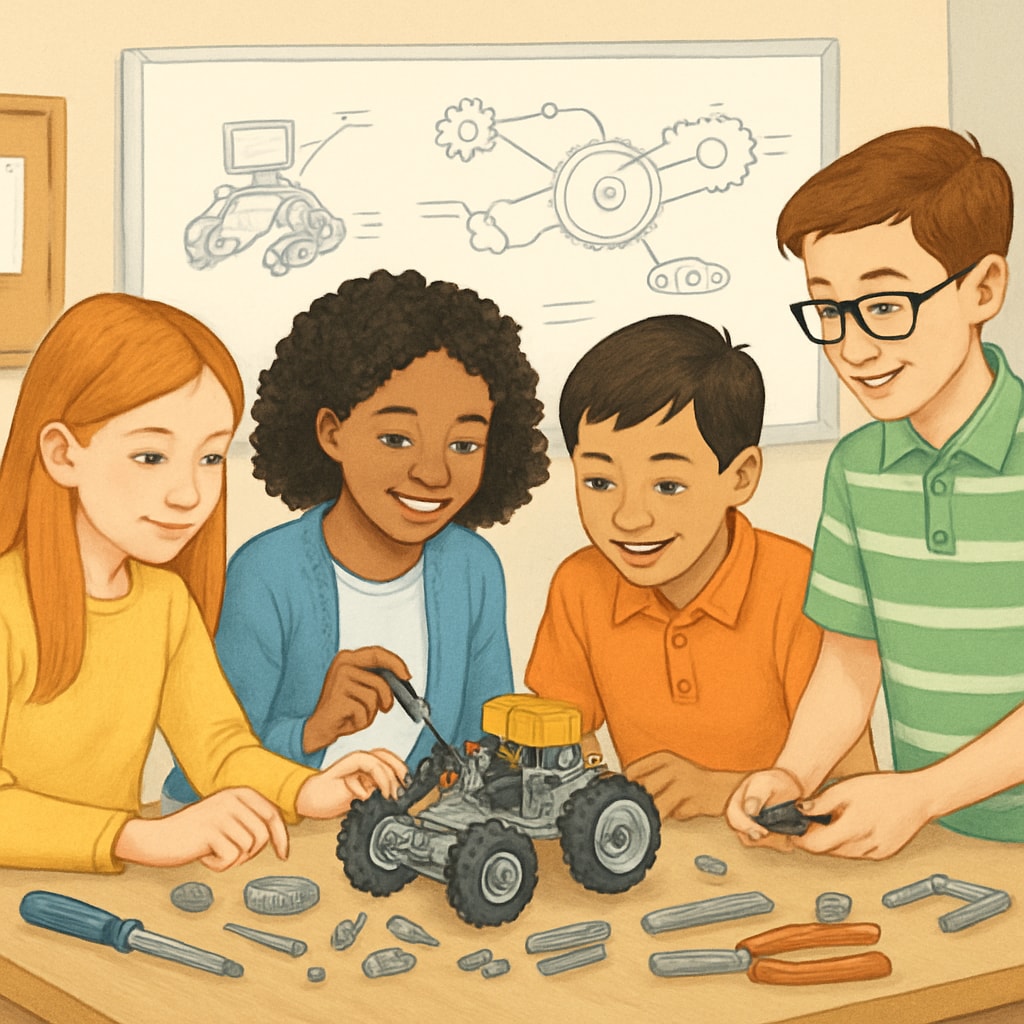The current system of score-based evaluation, educational quality, and grading reform is increasingly recognized as inadequate for measuring true learning. Research shows that traditional grading often reduces complex learning processes to oversimplified numbers, creating stress while failing to assess critical skills like creativity and problem-solving.

The Hidden Costs of Numerical Grading
Standardized scoring systems create three major problems:
- Surface learning: Students focus on memorization rather than deep understanding (see deep learning concepts)
- Anxiety and disengagement: Fixed grading scales demotivate late bloomers
- Skill neglect: Important abilities like collaboration aren’t measured

Global Innovations in Holistic Assessment
Successful alternatives demonstrate better approaches:
- Finland’s competency-based evaluation replacing numerical grades until age 13
- Singapore’s “Holistic Development Profile” tracking 21st century skills
- New Zealand’s Learning Stories documenting growth through narrative (learn more at Britannica Education)
Transitioning requires systemic changes. However, individual educators can implement portfolio assessments, project rubrics, and growth-focused feedback today. The key is measuring what truly matters – not just what’s easy to score.


